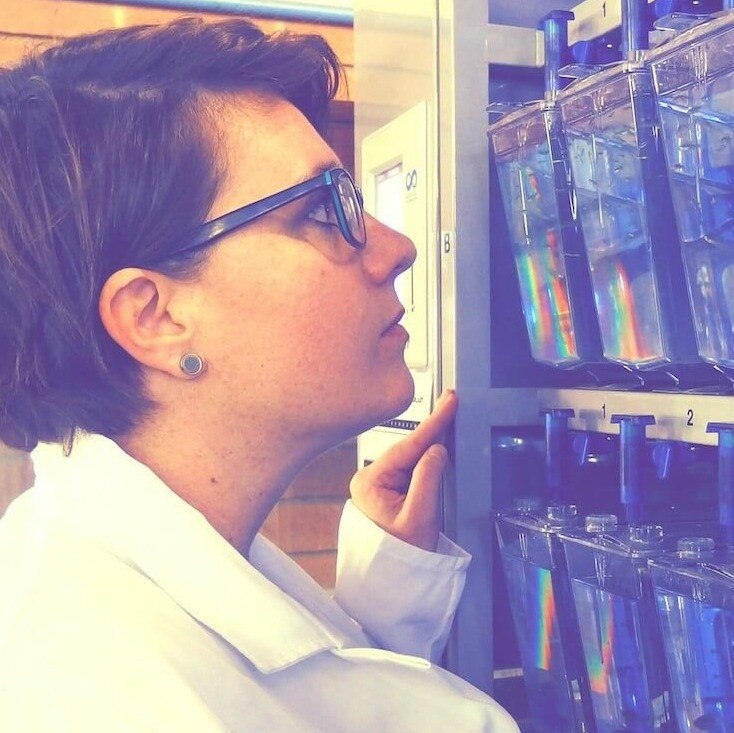What is your educational background?
My undergraduate BSc degree majored in Biochemistry and Zoology, with an Honours degree in Zoology. My MSc in Aquatic Health had a focus on histopathology and reproduction of the African sharptooth catfish in the Hartbeespoort Dam and in my PhD I specialized in Aquatic Nanoecotoxicology – all degrees were completed at the University of Johannesburg, South Africa. I have undertaken further international training in aquatic and terrestrial ecotoxicology at the Fraunhover Institute Germany, Plymouth University in the United Kingdom, NIOO KNAW in the Netherlands and the School of Veterinary Medicine (Hokkaido University) in Japan. I am currently performing several transdisciplinary research projects, which include the Health Safety and Environmental NanoRisk of metallic nanomaterials, interaction between microplastics and pharmaceuticals, toxicity assessments of nano based antiretroviral drugs and the green synthesis of nanomaterials.
What is your current occupation?
Postdoctoral researcher
What or who got you into STEM?
My curiosity for how the world works as well as my love for nature.
What is the biggest challenge/barrier you have faced as an African in STEM?
The perception of what it is to be an African – whether that is as a researcher or the quality of a facility that you are found in. Most often, a tour of our group’s facility is met with utter surprise. It is up to us to keep surprising the world with our tenacity.
How do you think your background/upbringing has been beneficial in your journey/career?
I come from a large extended family, where there was always enough food if another hungry person arrived – I was taught we are all fighting some battle so the most important thing to be is kind.
How do you think we can start to change the narrative surrounding African contributions
to global STEM research & careers?
By collaborating whenever the possibility presents itself. No matter how small your contribution it is a way of showing “I am here” and “I can do it”. And then, you DO IT, you do the best you have ever done it.
What advice would you like to give to young, aspiring Africans in STEM?
Just keeping taking those little steps, no matter how small they may seem. I was in the art class in High School as there was no more space anywhere else – but I made it work, I learnt everything I could about art history and design and made sure I stayed in the top 10 of my grade. I was accepted into University to do one science degree… Then I received government funding and that turned it into three more degrees. BUT live your life between studies – we are trying to solve real world problems so never get too far from it.
Do you have any projects you’re working on that you would like us to highlight?
My projects are based on applying the Adverse Outcome Pathway from the Molecular Initiating event (gene expression) to an Adverse outcome (reproduction and functional response) by measuring key events (respiration, heart rate, blood flow, behaviour) in aquatic organisms using a suite of bioassays for emerging contaminants.





